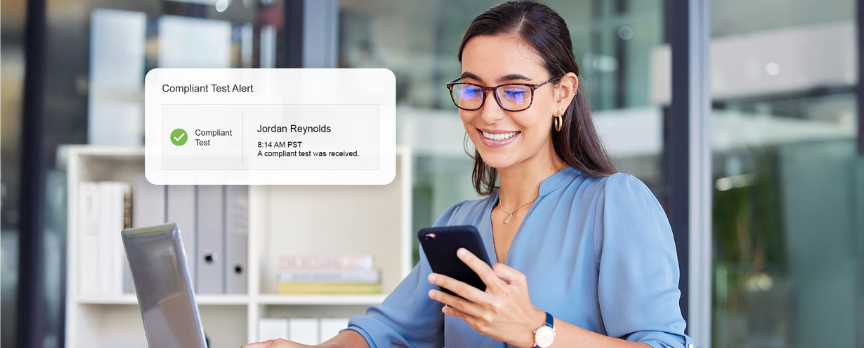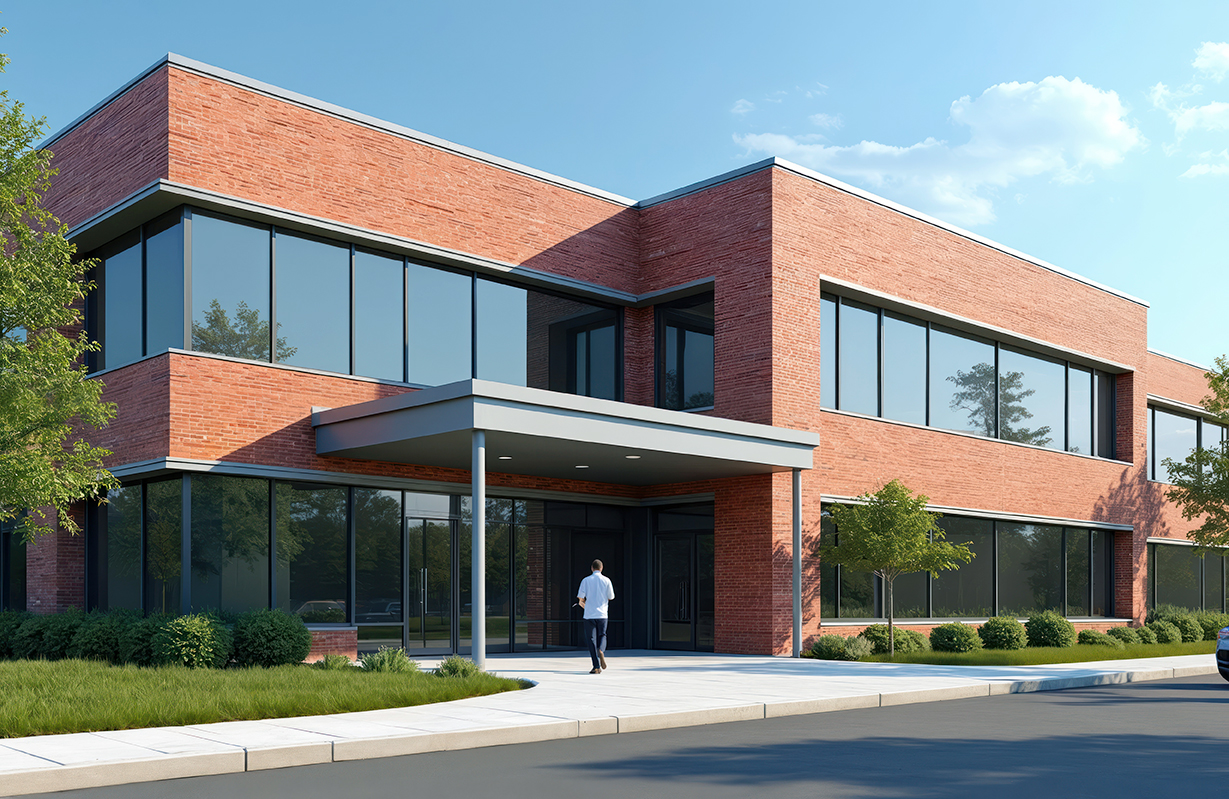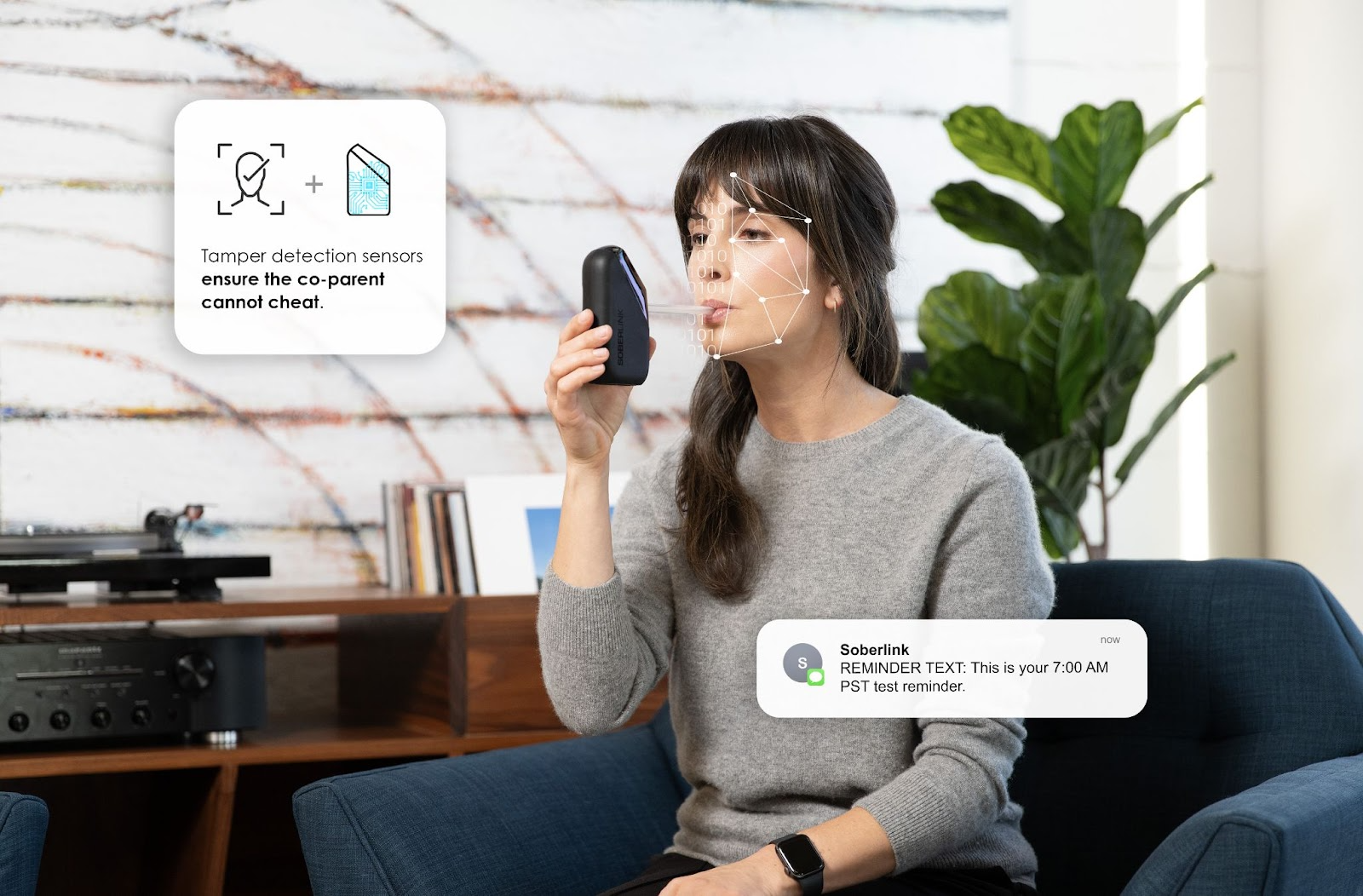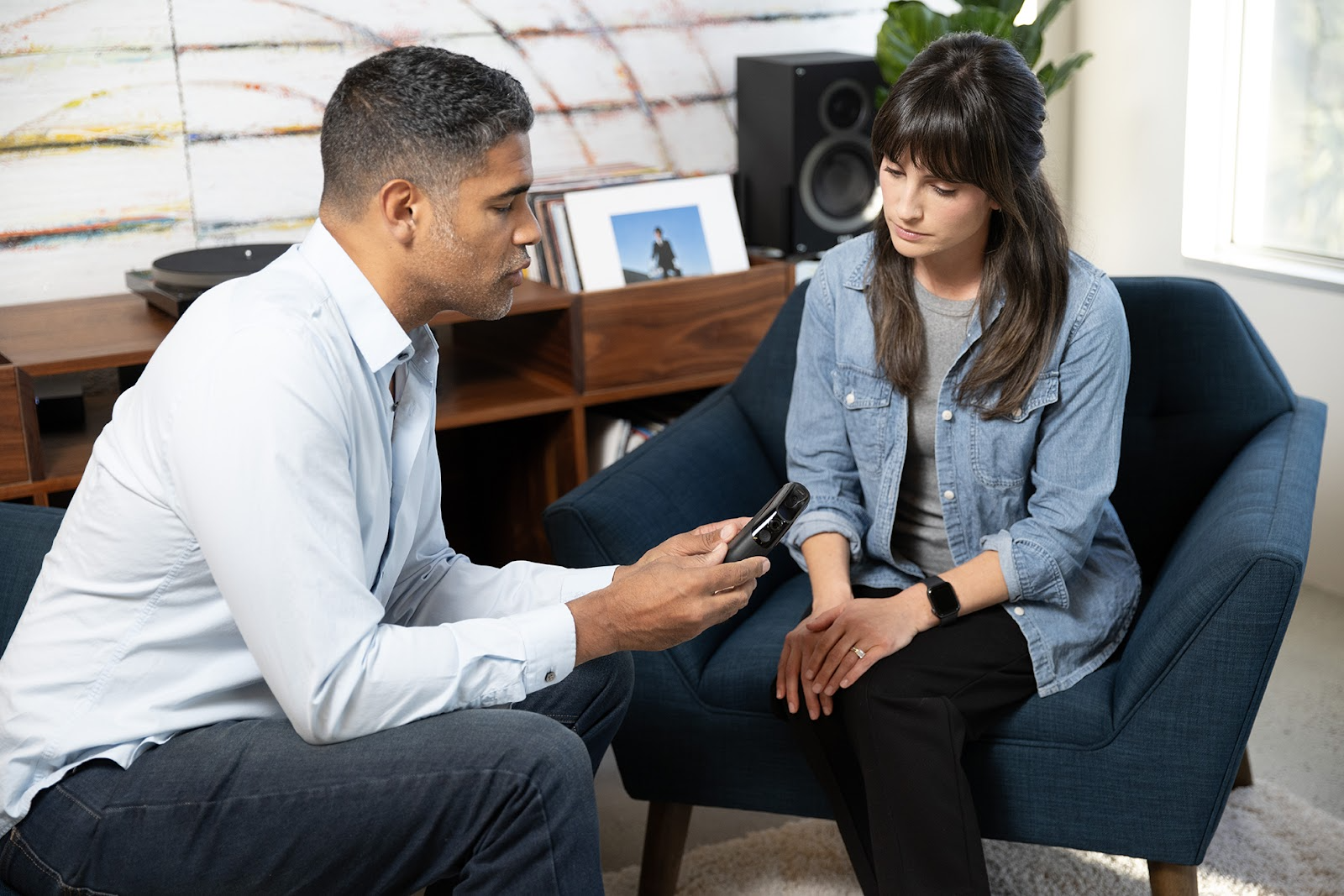
In family law, trust is often on shaky ground, especially when alcohol is involved. For parents in custody disputes, monitoring must be more than a formality; it needs to be reliable, recognized by the Court, and built to protect children. Too often, standard breathalyzers miss the mark, failing to detect intoxication or returning results that don't hold up under scrutiny. That kind of uncertainty doesn’t just stall progress. It puts kids at risk.
What’s needed is a portable solution that gives parents and Courts more than data. It must deliver proof: verifiable, timely, and consistent. Soberlink does exactly that. With features like real-time alerts, adaptive facial recognition, and a built-in camera, it gives family law professionals and parents a way to monitor sobriety with clarity. The technology not only encourages accountability but also helps build the kind of structure that supports long-term recovery and keeps children safe.
Monitoring alcohol use in custody disputes has a long history of falling short. Parents were often sent to clinics for testing, only to face high costs, rigid schedules, and delays in results. Portable devices that promised convenience frequently produced false readings or lacked the safeguards to prove who actually took the test. These gaps created more disputes, not fewer.
Real change began when technology shifted the focus from numbers alone to verifiable results. A breathalyzer designed for family law must detect alcohol and confirm the identity of the person testing. That is why facial recognition, paired with a built-in camera, became so critical. The device had to prove sobriety. And it had to prove integrity.
For families navigating custody issues, that change mattered. Suddenly, monitoring became more than a rule to follow. It became a tool that Courts, attorneys, and parents could depend on with confidence.

Traditional monitoring methods often asked families to sacrifice daily life for compliance. Parents were expected to drive to clinics multiple times a week, losing hours from work or parenting time. Testing schedules collided with school pick-ups, job shifts, or emergencies. Instead of supporting families, these systems often strained them further.
Portable breathalyzers were supposed to fix this, but too many lacked accuracy. Without tamper resistance or adaptive facial recognition, results were easy to dispute. False readings created suspicion. Missed appointments invited conflict. And children caught in the middle of custody disputes bore the weight of adult disagreements.
Families needed a breathalyzer that recognized the complexity of their lives. They needed a device that could deliver accurate results without imposing impossible schedules.
Family Courts cannot afford uncertainty. Allegations of drinking affect custody rights, visitation schedules, and the safety of children. Judges need monitoring systems that produce results they can trust every time. That means accuracy, timeliness, and safeguards against manipulation.
Soberlink meets these standards. Every breath sample is paired with a camera image and confirmed through adaptive facial recognition. Every result is transmitted in real-time to designated parties. Every test is supported by tamper detection to minimize false readings. This layered verification transforms simple monitoring into reliable evidence.
For the Court, this means decisions are based on proof, not speculation. For parents, it means their commitment to sobriety is visible, recognized, and respected.

There are plenty of portable breathalyzers on the market. Few meet the exacting standards of Family Courts or the attorney representing the concerned party. The difference is in how results are verified, how quickly they are delivered, and whether the device can withstand challenges.
Soberlink sets itself apart with four essential features.
These features create a monitoring system that delivers peace of mind to parents, credibility to attorneys, and the verified results that Courts require.
Since 2011, Soberlink has advanced alcohol monitoring technology for families. More than half a million people have used the device. Over fifty million tests have been submitted. Thousands of family law professionals now depend on it in their practice.
Its innovation lies in combining accuracy with usability. Fuel-cell sensors match the standard used in law enforcement breathalyzers. Camera verification ensures identity, while adaptive facial recognition confirms it further. Tamper detection prevents manipulation. Real-time alerts notify all relevant parties when results are available.
This layered approach creates a mobile device that Courts recognize as trustworthy. For parents, it reduces disputes and provides structure. For children, it adds safety to visitation and custody arrangements.

Numbers alone cannot tell the full story in custody disputes. A positive or negative test is not enough without context, verification, and timeliness. Judges and attorneys need results that are beyond dispute. Parents need results that cannot be questioned later.
Soberlink understands this. Each breath sample is paired with verification steps that eliminate doubt. The camera image, adaptive facial recognition, and tamper detection ensure results are not only accurate but admissible in Court. By focusing on verifiable proof, Soberlink shifts the focus from accusations to facts.
For families in crisis, that clarity is invaluable.

When a Court raises concerns about alcohol use, the process often begins with a Court Order and Monitoring Agreement. These documents outline the testing schedule, reporting requirements, and responsibilities of each parent.
With Soberlink, the process is straightforward. At scheduled times, the parent blows into the device, providing a breath sample. The built-in camera captures an image, which is then confirmed using adaptive facial recognition. Within seconds, results are transmitted to whomever is listed on the monitoring agreement, including attorneys, Judges, and co-parents.
If alcohol is detected, the system alerts designated parties immediately. If tests are passed, parents build a verified record of sobriety that cannot be disputed later. This transforms monitoring from a burden into an opportunity to build trust.
Accuracy is the foundation of any monitoring system tied to child welfare. Without it, reports become meaningless. Disputed results cause more litigation. Parents lose faith in the process. Children face prolonged uncertainty.
Soberlink’s accuracy rests on three pillars:
This layered system delivers reliable, admissible results. That is why Family Courts across the United States and Canada now write Soberlink into custody orders. Judges know they can trust the findings. Parents know their efforts will be recognized. Children benefit from decisions made with certainty.

Monitoring is effective only if parents can realistically comply. Families already juggle work schedules, school commitments, and parenting responsibilities. Requiring clinic visits or long testing procedures undermines compliance and increases stress.
Soberlink was designed with real families in mind. The device is mobile, portable, and discreet. Automated alerts remind parents of each scheduled test. The process takes only moments, allowing parents to test without disrupting time with their children or missing work.
Results are transmitted instantly, ensuring Judges, attorneys, and co-parents receive verified proof without delay. This seamless fit into daily life encourages consistency and reduces conflict. Instead of adding strain, monitoring becomes a pathway to stability.
Family Courts handle some of the most sensitive cases. Allegations of drinking are taken seriously, because they affect custody, visitation, and the safety of children. Judges cannot base decisions on unreliable devices or disputed results.
Soberlink addresses this challenge directly. Every breath sample is supported by a camera image and adaptive facial recognition. Every result is protected by tamper detection. This ensures the Court receives evidence that is admissible, accurate, and beyond manipulation.
Parents also gain security. Instead of being subjected to suspicion or false accusations, they have verified records to support their commitment to sobriety. This reduces conflict between co-parents and allows children to experience safer, more stable environments.

Not every family requires the same level of monitoring. To accommodate different needs, Soberlink offers two distinct programs.
Both options feature real-time alerts, adaptive facial recognition, and camera verification. Each is designed to protect children, support sobriety, and ensure accountability while respecting parents’ daily routines.
Recovery from alcohol use is not a straight path. It requires balance, encouragement, and accountability. For parents rebuilding their lives, especially after treatment or difficult family transitions, monitoring can provide that structure.
Soberlink supports recovery by embedding accountability into daily routines. Each breath sample is documented, verified by a camera image, and confirmed through adaptive facial recognition. Results are shared instantly with the parent’s support system.
This visibility helps celebrate progress and intervene when setbacks occur. Recovery is not about perfection. It is about creating a framework where parents can demonstrate resilience and build confidence in their sobriety. For children, it means safety and stability.
With so many digital breathalyzers available, it is natural to ask why Soberlink stands out. The answer lies in the combination of features that no other device consistently provides.
Other devices often:
Soberlink resolves all these issues in a single solution. It combines fuel-cell sensor accuracy, camera verification, adaptive facial recognition, tamper detection, and real-time alerts. The result is a breathalyzer system that Courts accept and families trust.
Parents know their efforts will be documented fairly. Judges know the evidence is solid. Children benefit from decisions made with reliable proof.

Family law professionals need more than results. They need resources that integrate monitoring into the legal process smoothly. Soberlink provides that support.
Attorneys have access to sample monitoring agreements, custody order language, and admissibility documentation. Judges receive reports that are clear, detailed, and court-ready. Professionals can review trends, analyze compliance, and present findings confidently.
Beyond legal tools, Soberlink offers educational resources for parents. Tutorials, video guides, and FAQs help families understand the device and testing process. An active Family Law Blog shares insights into custody issues, alcohol monitoring, and recovery, giving professionals and parents ongoing support.

In family law, accountability and accuracy shape outcomes. Parents deserve tools that let them prove their sobriety with confidence. Children deserve custody arrangements built on safety. Courts require results that are verifiable and admissible.
Soberlink delivers all three. By combining fuel-cell sensor technology, camera verification, adaptive facial recognition, and tamper resistance in a portable device, it sets the standard for alcohol monitoring.
Ultimately, Soberlink is more than a device. It is a framework for accountability, recovery, and trust. With millions of tests completed and broad acceptance across North America, it remains the gold standard for alcohol monitoring in family law.